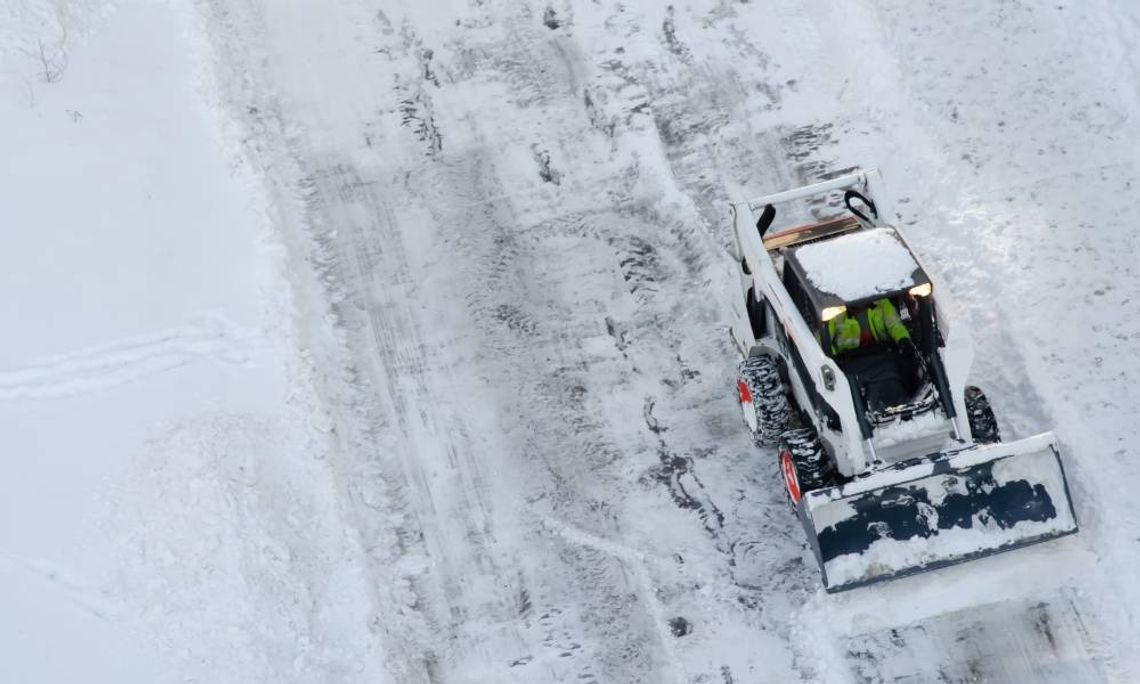Winter can be a tough season for tractor owners. The cold temperatures and harsh conditions often lead to performance problems, frustrating those who rely on their equipment to get their jobs done. Learn more about common tractor performance problems that happen most often in the winter, from engines that won’t start to tires that can’t grip icy surfaces.
Unresponsive Engine
Cold temperatures can make starting a tractor engine particularly challenging. Engine oil thickens, fuel lines may freeze, and diesel engines often struggle without functioning glow plugs. To avoid this, consider using winter-grade oil and installing an engine block heater to keep the engine warm overnight. Regularly inspect and replace glow plugs or tune your ignition system to ensure reliable starts even on the coldest mornings.
Unreliable Fuel System
Winter weather can wreak havoc on your tractor’s fuel system. Diesel fuel is prone to gelling when temperatures drop, and water contamination in the tank can freeze and create blockages. Using anti-gelling additives and a high-quality winter diesel blend can prevent these problems. Additionally, regularly draining and cleaning the fuel tank helps remove water and debris that could cause performance issues.
Battery Failure
Batteries are notorious for failing in the cold due to reduced capacity and higher energy demands. Corroded or loose connections only increase the likelihood of trouble. Before winter hits, test your battery and replace it if necessary. Clean the terminals, tighten connections, and consider using a battery warmer to keep it functioning well even in freezing temperatures.
Tire and Traction Complications
Slippery conditions and reduced tire pressure are common headaches for winter tractor operators. Cold air causes tire pressure to drop, leading to poor traction and reduced stability. Frequently checking and adjusting tire pressure can help. For extra grip, install tire chains or invest in winter tires designed to handle snow and ice. Adding ballast weight can also improve traction and balance.
Hydraulic System Issues
Cold weather can cause hydraulic fluid to thicken, reducing flow and efficiency. Contaminated hydraulic systems may also suffer freezing issues, leading to failure. To address this, switch to low-viscosity hydraulic fluid designed for cold weather. Flush and replace fluids to eliminate water contamination, and try to store your tractor in a warmer environment to minimize freezing risks. Maintaining your tractor’s hydraulic systems during the winter is vital for safe and smooth tractor operations.
Understanding these tractor performance issues that are common in the winter ensures your equipment is ready to roll, regardless of the weather conditions. Stay proactive with your maintenance to ensure your tractor works reliably when you need it most.


Comment
Comments